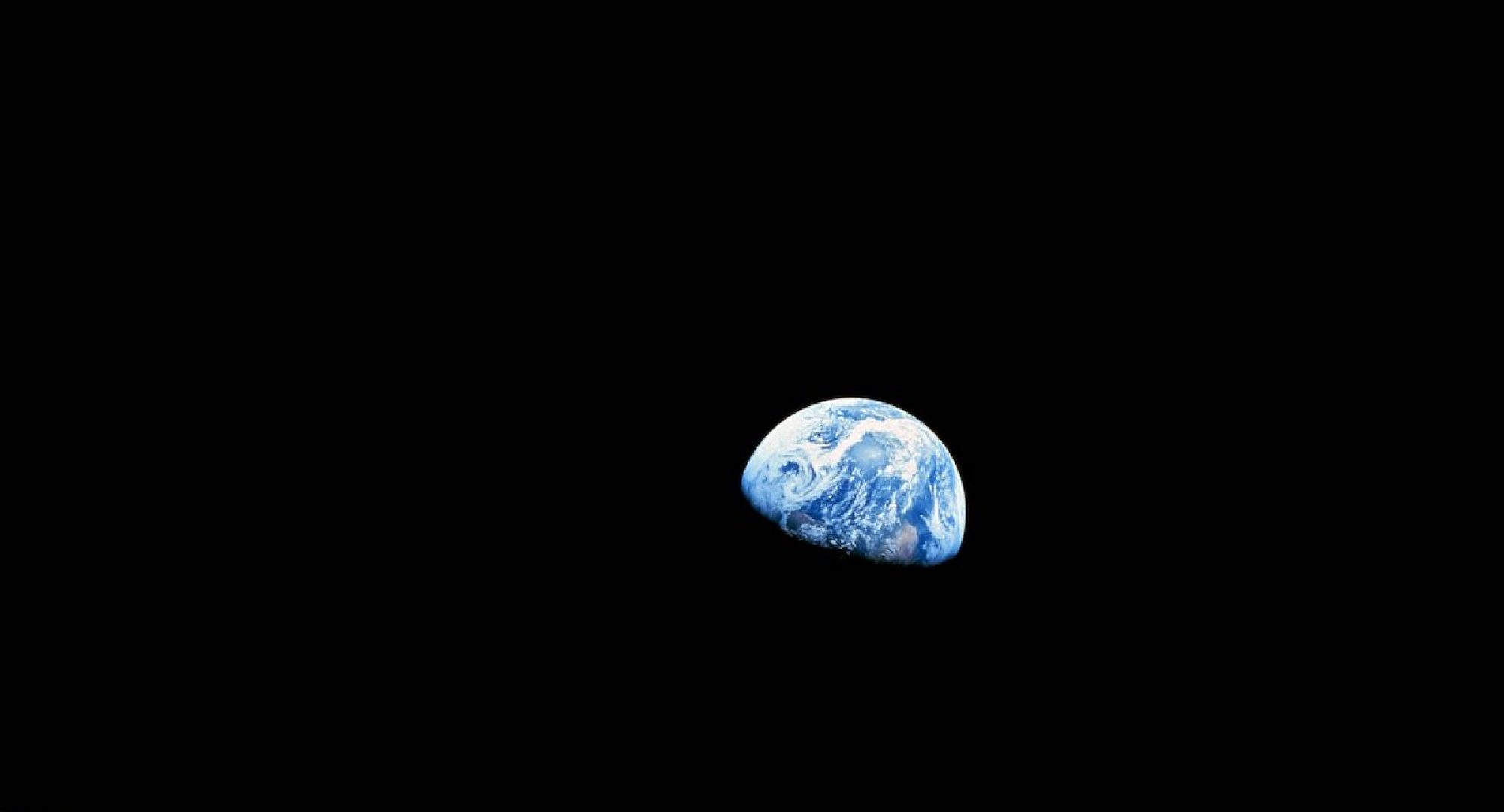Ocean plastic is one of the biggest environmental problems our oceans face. One company works to keep plastic from entering the oceans. That company is For Purpose Recycling (FPR), which launched a belt made from certified recycled plastic. Every time a customer buys a belt, the company estimates that 10 kilograms of plastic waste are prevented from entering the oceans.
FPR describes itself as a company comprised of environmental managers, recycling engineers, and action takers. The funds raised by the sale of every belt, which fully launches on June 15, 2021, will go towards waste collection, recycling infrastructure, income opportunities, and other support for Indonesian coastal communities.
“Many of us live outside the realm of choice. In some countries, the only access to safe drinking water is bottled and the only option for waste disposal is dumping it in nature,” Erik Sumarkho, FPR Founder and Director said. “A solution emerges from this problem: stop making virgin plastic, rescue what’s already here, and revive it into new materials.”
FPR helps reduce plastic waste from entering Indonesian waters
The plastic used to make the belts comes from Indonesia, a country that is the largest archipelagic state in the world. There are over 17,000 islands, 2.3 million square miles of water, and over 56,000 miles of coastline. Indonesia boasts 75 percent of all known marine life, 23 percent of global mangroves, and 11,583 square miles of seagrass. But the country ranks second in the world for dumping plastic waste into the ocean. Out of the eight million tons of plastic dumped into oceans globally, 16 percent comes from Indonesia.
Indonesians use a million plastic bags per minute. In just one year, the country generated 3.2 million tons of plastic waste, and 1.29 million tons of it end up in the oceans. According to the Wilson Center, only 10 percent of Indonesia’s 6.8 million tons of annual plastic is recycled. Almost half is either burned or dumped.
FPR conducts what it terms cost-effective waste collection points in Indonesian coastal communities that lack access to basic waste collection services. This gives members of those communities the chance to sell their plastic waste. FPR also provides environmental education and workshops so residents of coastal communities reduce their waste and improve recycling practices.
“We work in partnership with local non-profit organizations to create income opportunities for people living in coastal communities that help prevent plastic from entering the oceans,” Sumarkho said. “Community members and workers can exchange the plastic waste for cash, healthcare, school fees, and other essentials.”
FPR will collect plastic waste in West Papua
FPR will begin collecting plastic waste in West Papua, which boasts the archipelago Raja Ampat Islands, an area renowned for coral and marine biodiversity. Raja Ampat has over 1,500 small islands and cays. Unfortunately, the area’s growing ocean plastic and mismanaged waste is a threat. Sorong is the West Papua province capital. It is known as one of Indonesia’s dirtiest cities. A majority of the city’s waste ends up in rivers and washes out to sea, and 10 to 14 percent of that waste is plastic.
The gigantic problem of global ocean pollution
More than 300 million tons of plastic are produced annually, and at least eight million tons of that plastic wind up in the oceans each year. Plastic comprises 80 percent of all marine waste. Plastic ocean waste poses a threat to marine animals who ingest it or become entangled in it. Plastic gets into the food chain through the animals who ingest it, which becomes a threat to food safety and human health.
There is not a square mile of surface ocean on earth that is free of plastic waste. The plastic waste in the world’s oceans may increase as the fossil fuel industry plans to increase plastic production by 40 percent over the next decade. A study by The Pew Charitable Trusts and SYSTEMIQ found that plastic ocean waste will increase by almost three times the current amount if nothing is done to stop it.
Image courtesy of For Purpose Recycling


